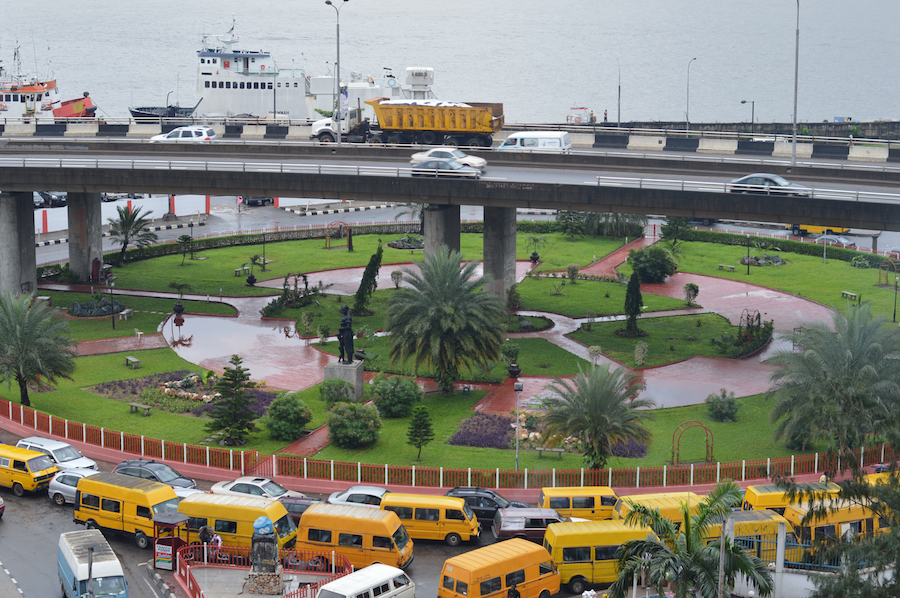
A High Level Panel on Water comprising 11 Heads of State and a Special Advisor has issued a New Agenda for Water Action calling for a fundamental shift in the way the world manages water so that the Sustainable Development Goals (SDGs), and in particular SDG6, can be achieved.
This follows a 2-year mandate to find ways to accelerate solutions to the urgent water crisis.
“Making Every Drop Count: An Agenda for Water Action” presents many recommendations as part of an Outcome Report from the Panel, which was convened in January 2016 by the United Nations Secretary-General and the World Bank Group President.
“World leaders now recognize that we face a global water crisis and that we need to reassess how we value and manage water,” said UN Secretary-General António Guterres. “The panel’s recommendations can help to safeguard water resources and make access to safe drinking water and improved sanitation a reality for all.”
The Panel’s report found that the water crisis has many dimensions. Today, 40 percent of the world’s people are affected by water scarcity, with as many as 700 million people at risk of being displaced by intense water scarcity by 2030.
More than two billion people are compelled to drink unsafe water and more than 4.5 billion people do not have safely managed sanitation services.
Women and girls suffer disproportionately when water and sanitation are lacking, affecting health and often restricting work and education opportunities. 80 percent of wastewater is discharged untreated into the environment and water-related disasters account for 90 percent of the 1,000 most devastating natural disasters since 1990.
“The ecosystems on which life itself is based – our food security, energy sustainability, public health, jobs, cities – are all at risk because of how water is managed today,” World Bank Group President Jim Yong Kim said.
“The work of this panel took place at the level of heads of state and government because the world can no longer afford to take water for granted.”
As part of the recommendations to address these challenges, the Panel is advocating for evidence-based policies and innovative approaches at the global, national and local level to make water management and water and sanitation services attractive for investment and more disaster-resilient.
The Panel also calls for policies that will allow for at least a doubling of water infrastructure investment in the next five years.
The Panel’s report sets forth a new approach to catalyze change and build partnerships and cooperation, outlining why an integrated and inclusive approach that draws in sectors like agriculture, and other stakeholders, such as city mayors, is needed.
The report makes the case that ways of working between, for example, governments, communities, the private sector and researchers, are essential.
In an Open Letter, the members of the panel conclude: “Whoever you are, whatever you do, wherever you live, we urge you get involved, and contribute to meeting this great challenge: safe water and sanitation for all, and our water resources managed sustainably. Make every drop count. It’s time for action.”
Mrs. Ameenah Gurib-Fakim, Co-chair of the panel and President of Mauritius says access to clean water and sanitation must the goal of every responsible leader in an effort to leave no one behind. “Let us act in solidarity to ensure the wise and sustainable management of this precious resource” she added.
To Mexican President and Panel’s Co-Chair) Mr. Enrique Peña Nieto, the High Level Panel on Water represents a historical and unprecedented opportunity to promote the recognition of water as an essential transversal element and the basis for the development and welfare of all our Nations.
“This multilateral initiative stands for the commitment of worldwide leaders to foster existing efforts and generate new dynamics, promoting the water and sanitation’s SDG within the 2030 agenda,” Nieto said.
With regard to the rather average performances recorded by Africa within the framework of the Millennium Development Goals, the biggest challenge today according to Senegalese President and member of the HLPW, “will consist in accelerating access to safely managed water, hygiene and sanitation services towards the 2030 targets.”
Other members of the panel are Prime Minister Malcolm Turnbull of Australia, Prime Minister Sheikh Hasina of Bangladesh, President János Áder of Hungary, Dr. Hani Al-Mulki Jordanian Prime Minister, and Prime Minister Mark Rutte of Netherlands.
Others are Peruvian President Pedro Pablo Kuczynski Godard, President Emomali Rahmon of Tajikistan, and Former Prime Minister of the Republic of Korea, Dr. Han Seung-soo who is the panel’s Special Advisor











